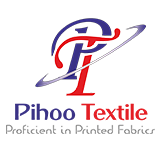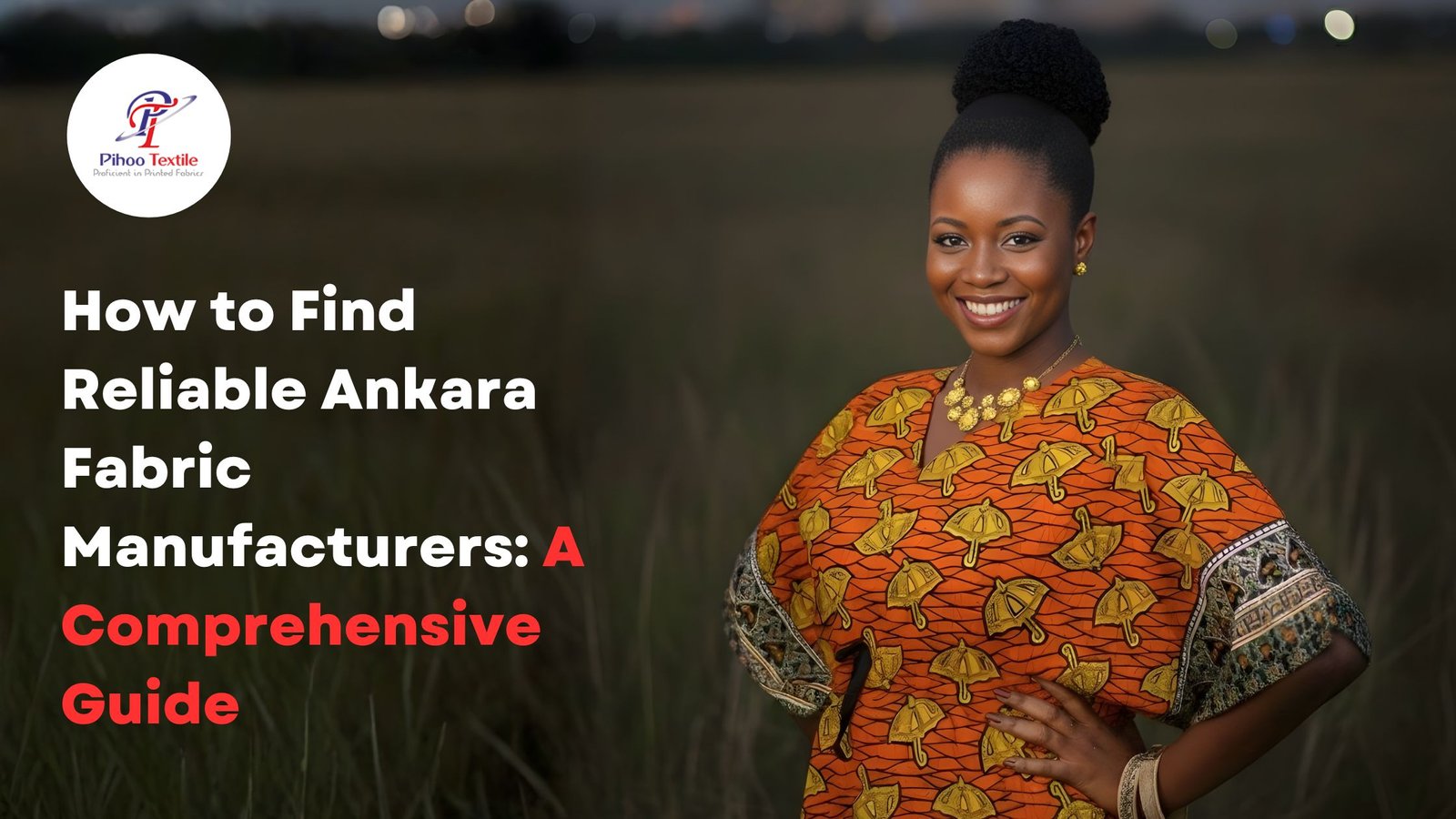How to Find Reliable Ankara Fabric Manufacturers: A Comprehensive Guide
Ankara fabric is popular because it is bold, bright, and easy to recognize. For a business, that popularity is an opportunity, but only if the fabric quality stays consistent. If the colors fade, the print misaligns, or the fabric feels thin, customers notice fast. That is why the most important early decision is not design. It is the manufacturer. A reliable manufacturer protects your product quality, your delivery promises, and your reputation.
Understanding Ankara Fabric
Ankara is often called African print fabric or African wax print fabric. In most commercial supply chains, it is a printed cotton fabric made to resemble batik-style effects. It is widely associated with West Africa because that is where the cloth became culturally embedded, widely worn, and meaningfully named. Today it is used for everyday wear, event outfits, and modern fashion collections.
If you are sourcing for resale or production, you need to understand what “good” looks like in physical terms. Strong Ankara usually has confident color, clean edges, stable weave, and a solid feel that is firm but not stiff. The print should look balanced across the fabric, and it should still look good after basic washing and pressing.
Why the Manufacturer Matters
The manufacturer you choose becomes part of your brand, even if customers never see their name. They decide whether your fabric is repeatable, whether your restocks match your original batch, and whether your claims about quality hold up in real use. If you pick a weak supplier to save money, the cost often returns as refunds, remakes, late deliveries, and damage to trust.
A strong manufacturer also helps you plan. They can tell you what is realistic for lead time, stock availability, and custom development. They can keep shade variation controlled across lots. They can provide documentation and consistent specs that make production smoother.
Evaluating Quality and Authenticity
Quality checks should be routine, not occasional. Ask for samples before bulk. Test the sample the way your customer will use it. Wash it, dry it, iron it, and check how it behaves. Rub it with a white cloth to see if color transfers. Stretch it lightly to check distortion. Look at the fabric under normal daylight, not only in warm indoor lighting.
In the middle of your evaluation process, keep a simple checklist you can apply to every supplier conversation so you do not drift or forget key details.
- Sample: request full-width fabric samples from recent production, not showroom cuts.
- Color: check saturation, fading after wash, and rub transfer with a white cloth.
- Print: check pattern sharpness, alignment, and whether edges look clean, not fuzzy.
- Fabric: check GSM or thickness feel, weave uniformity, and flexibility without warping.
- Repeatability: ask how they match repeat orders and control shade differences across batches.
- Proof: ask what documentation they provide for specs, lot tracking, and production consistency.
If a supplier avoids samples, avoids specs, or gives vague answers about consistency, treat that as a clear signal.
Design Range and Customization
Design variety matters because customers have different tastes and seasonal preferences. A good manufacturer usually has an active catalog, with patterns that cover classic motifs and more modern layouts. If you want differentiation, ask about custom development and how it works in practice. Some suppliers can adjust colors, scale, or layout. Others only sell existing designs. Both can work, but you need to know which you are buying into.
Custom work is only useful if the process is stable. Ask how long development takes, what minimum quantities apply, and how approvals are handled. Also ask what happens if you reorder later. You want the design to be reproducible, not reinvented each time.
Pricing and Payment Terms
Price should be evaluated as total cost, not just per meter. Include shipping, duties, handling, packaging format, and wastage risk from inconsistent quality. A cheaper fabric that bleeds color or varies across lots becomes expensive once you count returns and production disruption.
Payment terms also matter. Standard business terms often involve partial deposit with balance paid before dispatch. Be cautious when a supplier demands full advance payment without a track record, documentation, or clear dispute protection. If you are unsure, start with a smaller order size and scale only after performance is proven.
Shipping and Logistics
Logistics can change your profit more than the fabric price. Get clarity on lead times, dispatch schedules, packaging format, and what documents are included. Ask whether the supplier supports your required export paperwork. Confirm whether they have experience shipping to your region and what carriers they use.
Also plan around how the fabric is sold. Ankara commonly moves in six-yard and twelve-yard formats. That affects your cutting plans, your retail packaging, and how you price products. If you ignore format, you can end up with leftover inventory that does not convert well.
Building a Strong Manufacturer Relationship
Reliable sourcing is not just about finding a supplier. It is about keeping performance steady over time. Clear communication helps. Written specs help. Regular feedback helps. If you treat the relationship like a long-term system instead of a one-time purchase, you get better consistency and faster resolution when problems appear.
A strong working rhythm usually includes consistent ordering patterns, clear approval steps for color and print, and one primary communication channel. If possible, keep a record of each batch, including photos, sample references, and key specs, so you can compare future deliveries properly.
Conclusion
Finding reliable Ankara fabric manufacturers is a practical process. Start with quality checks and samples. Demand clear specs and repeatability. Evaluate pricing as total cost, not just meter cost. Get payment and logistics clarity early. Then build stable working habits so supply stays consistent across seasons.
When you do this well, Ankara becomes easier to scale because your fabric is predictable, your quality holds up, and your customers keep coming back for the same standard they trusted the first time.


